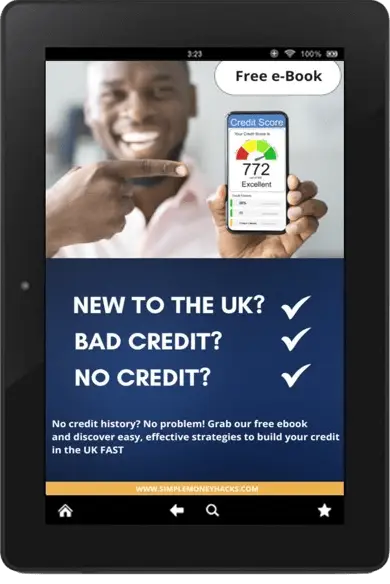When it comes to managing finance, people often ask me, “how do you start managing your money”? This is especially so if they have left their finances unchecked for a while. Fear not; this blog intends to eliminate the overwhelm and help get your finances in excellent shape.
Sorting your personal finance can be overwhelming. I am a finance professional with over 20 years of experience, and there was a time when I had money troubles. I was overwhelmed and confused, not quite sure where to begin.
I started this blog to help simplify money and eliminate the overwhelm. If I, a finance professional, can struggle with money, how much more a person who does not deal with numbers in their day-to-day life?
Today, I want to summarise the best way to start tackling your finances no matter who you are or what shape your finance is in.
1. Start with setting financial goals

Everyone is at different stages with different needs. Your goals should reflect your money needs. For example, your goal could be putting £100 into a monthly savings account to save for emergencies or pay off your credit cards. My 1st goal when I was trying to sort my finances was:
- Building a £1000 emergency fund
- Pay off my debt
- Save six months’ worth of emergency funds.
- Become financially independent. (I am currently working on 3)
Do you need help with setting intentional goals? Read up on simple ways to create goals you can stick with.
2. Determine your Net Worth

| Items | Values |
|---|---|
| Bank Account (asset) | £500.00 |
| Savings Account (asset) | £5098.00 |
| Loan Account (liability) | -£2000.00 |
| Total Net Worth | £3598.00 |
- What’s the point? Your Net worth gives you a quick measure of your financial health, potential to generate more wealth, or the likelihood of getting into more debt. Calculating your Net worth is easy. Let me illustrate with an example using my fictional friend, Ola. Ola banks with Lloyds. She has a bank, savings and loan account, as shown above. The money in her bank and savings account are her assets. The money she owes as a loan is a liability. Ola’s net worth is calculated by deducting her liabilities from her assets. Whatever is left is her net worth. Ola’s net worth is moving in the right direction. She has more assets than liabilities. Assets generate income. Liabilities increase your expenses. You can also use this simple table to determine your net worth.
3. Maximise your income

- Money that comes into your life regularly. It can be salary, wages, pension, social security benefits, rental income, dividend from investment or profit from your side hustles: the more income, the better. Ask yourself if this is the best you can do. Can you earn more? Maybe it’s time to ask for a pay raise, or perhaps you have assets you can rent out or sell. Look for side hustles you can do alongside your 9-5 job.
4. Minimise your expenses

- Expenses are the opposite of Income. You want to have as little as possible. An excellent exercise to do here is to go through everything you spend money on monthly, bi-monthly, quarterly or yearly. Check that you are paying the lowest for all your regular bills. Check that every bill you pay is essential. Get rid of any unused subscriptions. Many websites compare prices. The 5 top five comparison sites are gocompare.com, confused.com, comparethemarket.com, and Uswitch. Use their services to drive down your costs.
5. Create and start using a budget

- A budget is simply a statement that shows your income and outgoing. It is a plan for your money. Budgets are for everyone, rich and poor. As of August 2020, Amazon was worth $1.7 trillion, yet the company budgets and plans every cent before spending. Most of us don’t have millions; can we really afford not to plan our spending? A budget is a tool to help your money go further and help you accomplish your financial goals. Budgeting got me from being in £40K debt to becoming completely debt-free. Get used to planning monthly. It makes a big difference. Your budget does not have to be restrictive—plan your fun. I am the budget boss; therefore, I plan my fun money.
6. Implement your financial goal

- Completing steps 1 to 5 puts you in a position to work towards whatever goal you set for yourself in step 1. For example, if your goal is to start saving £100 per month for some months, you will need to budget £100 and pay it into a savings account. Open a savings account at this stage. The same applies to paying off your credit card. Put money aside for your debt monthly and diligently pay your debts monthly.
Final Thoughts
A goal with no implementation plan is simply wishful thinking. I know about this well. I set a goal to be a millionaire by 40. I did not accomplish the goal because I did not plan or implement any daily tasks. Do better than me. Do steps 1 to 6. Be diligent, and show up daily. 80% of winning is showing up consistently.
Now you know. You are in a great place to start applying what you know. Change requires application and motivation. Keep your goals simple and have a visual reminder like a vision board.
If you enjoyed reading this post, sign up for my email list, and I’ll send you new posts as they come out. You can also find additional blogs from me here!
Joyce





